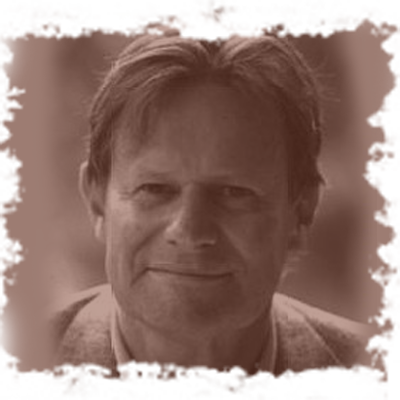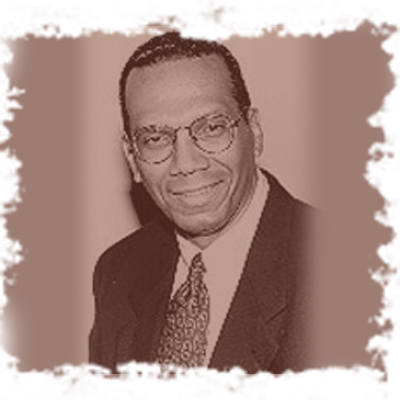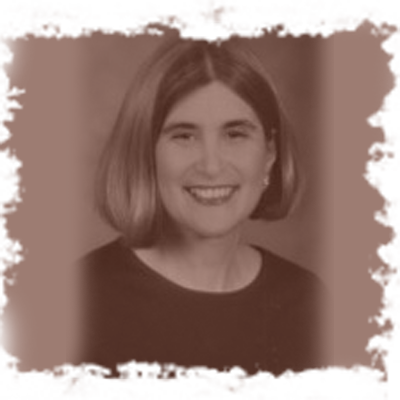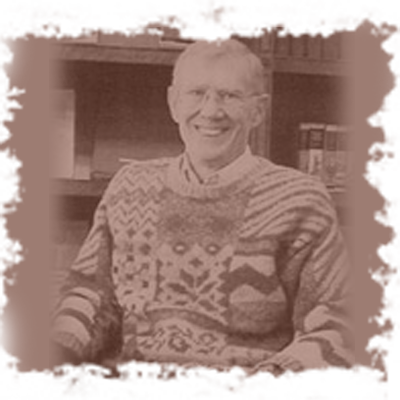in this series




James Reston is the author of 13 books, three plays, and numerous articles in national magazines, including the New Yorker, Vanity Fair, Time, The New York Times Magazine, George, Esquire, American Theatre, Playboy, and Rolling Stone. His last three works, Galileo: A Life, The Last Apocalypse, and Warriors of God, have been translated into ten foreign languages.
In recent years he has lectured widely in the United States and overseas on the millennium and the crusades, citing their relevance to modern issues.
In this History Series presentation, Mr. Reston will concentrate on Warriors of God with his rich and engaging account of the Third Crusade (1187-1192), a conflict that would shape world history for centuries. Mr. Reston presents the story of a war between two civilizations that has never really ended. It is still felt in the Middle East and throughout the world today. Bearing striking resemblance to the present-day conflict, this is essential history that brings a deeper understanding of the cultural and religious divide that the West and Islam face in the early 21st century.
Born in New York, Mr. Reston was raised in Washington, D.C. and attended the University of North Carolina on a Morehead Scholarship where he earned his B.A. in philosophy. Currently a Senior Scholar at the Woodrow Wilson Center in Washington, D.C., he has been a fellow at the American Academy in Rome and a scholar in residence at the Library of Congress.
For more on James Reston Jr., visit the Reston Books Website to find a short biography, information and reviews on some of his works, and a detailed list of his events attended, presentations, interviews and publications over the years.
To view more of James Reston's books with brief overviews and reviews, go to Google Books.
Dr. Kenneth W. Goings is Professor and Chair of the Department of African American and African Studies at The Ohio State University. He teaches and publishes in African American history, material culture and American studies. His books include Mammy and Uncle Mose: Black Collectibles and American Stereotyping, The NAACP Comes of Age: The Defeat of Judge John J. Parker, and The New African American Urban History.
In this History Series lecture, Dr. Goings presents a fascinating perspective on American history as he discusses the black collectibles phenomenon. Black collectibles are objects made in or with the image of a black person on everyday items such as advertising cards, house wares (salt and pepper shakers, cookie jars, spoon rests, etc.), toys and games, postcards, souvenirs and decorative knick-knacks.
Dr. Goings will discuss how, even after the abolition of slavery, the collectibles helped perpetuate and reinforce a stereotype of blacks as servile and inferior. From early youth, Americans grew to accept the exaggerated, servile roles portrayed in these objects.
Dr. Goings received his Ph.D. in history from Princeton University. He won the Outstanding Book Award from the Octavus Myers Center for the Study of Human Rights in 1990 and 1994. He is currently working on a study of the teaching of the Greek and Latin classics at historically black colleges and universities, and the role of the classics in African American life and culture.
Learn more about Kenneth Goings on his page at The Ohio State University College of Humanities.
Search for Dr. Goings' books at BookFinder.com.
Judith Hallett is Professor of Classics at the University of Maryland at College Park, specializing in Latin language and literature; ancient Roman and Greek civilization; women, sexuality and the family in classical antiquity; and the classical tradition in America.
Author of Fathers and Daughters in Roman Society: Women and the Elite Family, Dr. Hallett has edited and contributed to several collections of essays, including “Roman Sexualities”. She is also the author of the four essays on classical Roman women writers in Women Writing Latin.
From 1986 through 1994 Dr. Hallett was featured on The Court of Ideas, long-running Canadian Broadcasting Company radio program, as an expert on the death of Cleopatra, the criminal conduct of the emperor Nero, the treasonable behavior of the British Queen Boadicea, and the claims to equal rights of the Greek poet Sappho. A consultant of the 2001 PBS documentary series, The Roman Empire in the First Century, she appeared in all four of its episodes.
In this History Series program, Dr. Hallett will discuss the roles of women in ancient Rome, who, unlike Greek women, played a key role in politics. By the imperial era, moreover, they conducted business transactions without the supervision of men, became patrons of the arts, and participated in commerce. They were eligible to inherit money and property, and many amassed huge personal fortunes.
Dr. Hallett received her B.A. from Wellesley College and her ma and Ph.D. in Classical Philology from Harvard University. After receiving her doctorate she spent a year at the Institute of Classical Studies at the University of London.
Read Judith Halletts bio at the University of Maryland website.
"How Do I Love Thee? Say It in Latin!" from Newswise.
Lance Banning is Professor of History at the University of Kentucky. He has held fellowships from the National Endowment for the Humanities, the John Simon Guggenheim Foundation, the National Humanities Center, and the Center for the History of Freedom. An author of many articles and essays on the American founding and the first party struggle, Dr. Banning serves as coeditor of the University Press of Kansas series "American Political Thought" and editor of After the Constitution: Party Conflict in the New Republic.
His book, The Jeffersonian Persuasion: Evolution of a Party Ideology, receive the international book award of Phi Alpha Theta and was nominated by the press for Pulitzer, Bancroft, and other prizes. Jefferson and Madison: Three Conversations from the Founding and The Sacred Fire of Liberty: James Madison and the Founding of the Federal Republic were published in 1995. The latter received the Merle Curti Award in Intellectual History from the Organization of American Historians and was a finalist for the Pulitzer Prize.
Dr. Banning brings a fascinating discussion of his work on James Madison, Patrick Henry and the Declaration and the Constitution to the History Series.
A native of Kansas City, Dr. Banning received his B.A. from the University of Missouri at Kansas City and his M.A. and Ph.D. degrees from Washington University in St. Louis.
More on Lance Banning:
A Memorial for Lance Banning from the American Historical Association.
An interview in Booknotes, 1996, of Lance Banning about his book The Sacred Fire of Liberty: James Madison & the Founding of the Federal Republic.